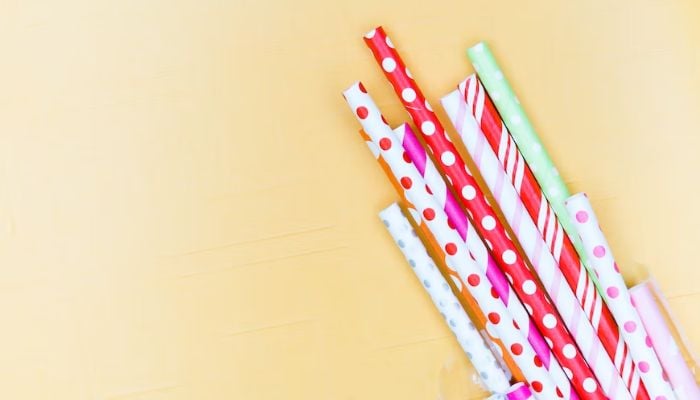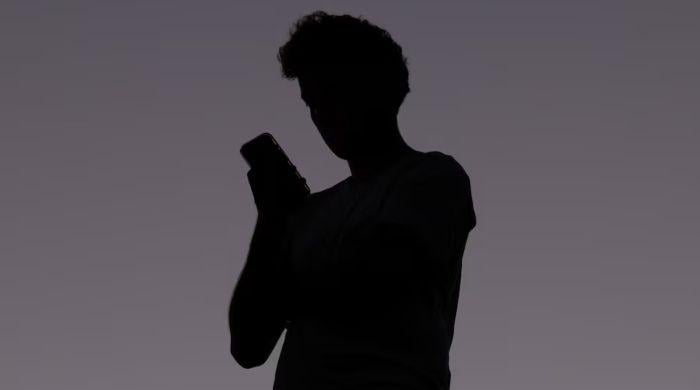Goodbye paper straws! 100% biodegradable straws are finally here
Paper straws are used to protect environment form pollution but soon they become soggy and nearly impossible to use
February 05, 2023

Although paper straws might sound ideal in theory, no one enjoys them when they become soggy quickly.
Since they recognise our annoyance, researchers from the Korea Research Institute of Chemical Technology (KRICT) are working to create a paper straw that is 100% biodegradable.
Researchers explain that modern paper straws are not only comprised of paper. They would get considerably soggier if they were made entirely of paper, to the point where they wouldn't even function as a straw. As a result, producers treat the surface with acrylic resin or polyethylene (PE), both of which are components of plastic bags and adhesives.
This coating is applied to paper cups as well. Unfortunately, according to a number of studies, the covering material only partially decomposes before turning into microplastics. Due to the fact that these items contain some plastic and are not totally made of paper, recycling them is also challenging.
As alternatives to paper straws, polylactic acid (PLA) and rice straws are being offered, although PLA straws (corn plastic straws) don't degrade well in the ocean, authors reported in their study published in the journal Advanced Science. Rice straws, on the other hand, do, but they are more expensive and considerably harder to mass-produce.
Then what did scientists do?
A small amount of cellulose nanocrystals was added to a well-known biodegradable plastic known as polybutylene succinate (PBS) to generate a covering substance that is made of the same material as the major component of paper. In contrast to traditional paper straws, these tightly latch onto the paper surface during coating.
These straws also prevent bubbles from forming when they come into touch with fizzy beverages because of their more consistent covering. Because the straw is made of paper and biodegradable plastics, as is the coating, it can decompose fully in the environment.
The team discovered that their straws work well in both hot and cold beverages. When used to stir liquids including water, tea, soda, milk, and other beverages that include lipids, as well as after being submerged in liquid for an extended period of time, they noticed that the straws did not become soggy.
The study also discovered that the straws could potentially break down in the water.
Researchers observed that normal plastic straws and corn plastic straws didn't degrade after 120 days, while their straws decomposed completely by this time after executing a decomposition test in a marine environment by submerging the samples in a body of water near Pohang, South Korea.











